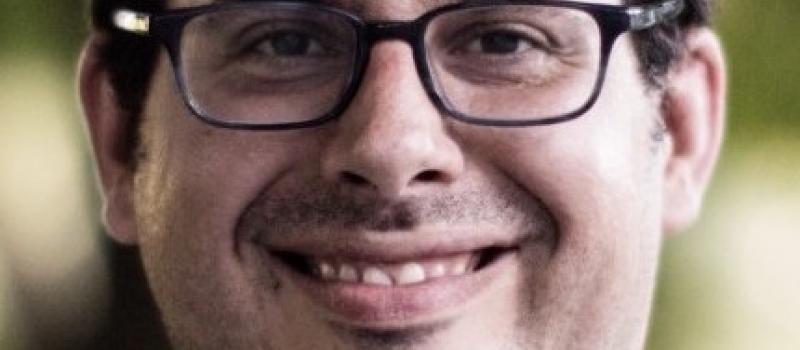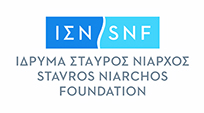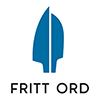
2017-04-05
What is the potential impact of algorithms in journalism? What is the power of algorithms and why should it be at the top of a journalist’s to-do-list? Our second keynote speaker, Nicholas Diakopoulos, is a computational journalist with a background in computer science and human-computer interaction. He will give his keynote address at our annual European Investigave Journalism and Dataharvest Conference this May. The conference will take place from 18th until 21st May in Mechelen, Belgium.
Diakopoulos will make a keynote speech on Algorithmic Accountability Reporting, in which he will outline how algorithms are coming to adjudicate decisions in nearly all facets of the public and private sectors. But despite the potential for efficiency gains, algorithms fed by big data can also amplify structural discrimination or produce errors that deny services to individuals. For example, there’s a software used across the United States to predict future criminals. And it’s biased against blacks. According to Diakopoulos, the close monitoring of such systems is paramount.
Algorithmic Accountability Reporting is a new form of journalism that is emerging to apply the core journalistic functions of watchdogging and investigative reporting to algorithms. In this talk Diakopoulos will discuss how algorithmic accountability reporting is used by journalists as a method for articulating the power structures, biases, and influences that computational artifacts play in society.
More about investigating algorithms here.
Speakers Biography
Nicholas Diakopoulos is an Assistant Professor at the University of Maryland, College Park Philip Merrill College of Journalism with courtesy appointments in the College of Information Studies and Department of Computer Science. He is Director of the Computational Journalism Lab at UMD, a member of the Human-Computer Interaction Lab (HCIL) at UMD, a Tow Fellow at Columbia University School of Journalism, and Associate Professor II at the University of Bergen Department of Information Science and Media Studies.
His research is in computational and data journalism with emphases on algorithmic accountability and social computing in the news. He received his Ph.D. in Computer Science from the School of Interactive Computing at Georgia Tech where he co-founded the program in Computational Journalism. Before UMD he worked as a researcher at Columbia University, Rutgers University, and CUNY studying the intersections of computing, information science, and journalism.









